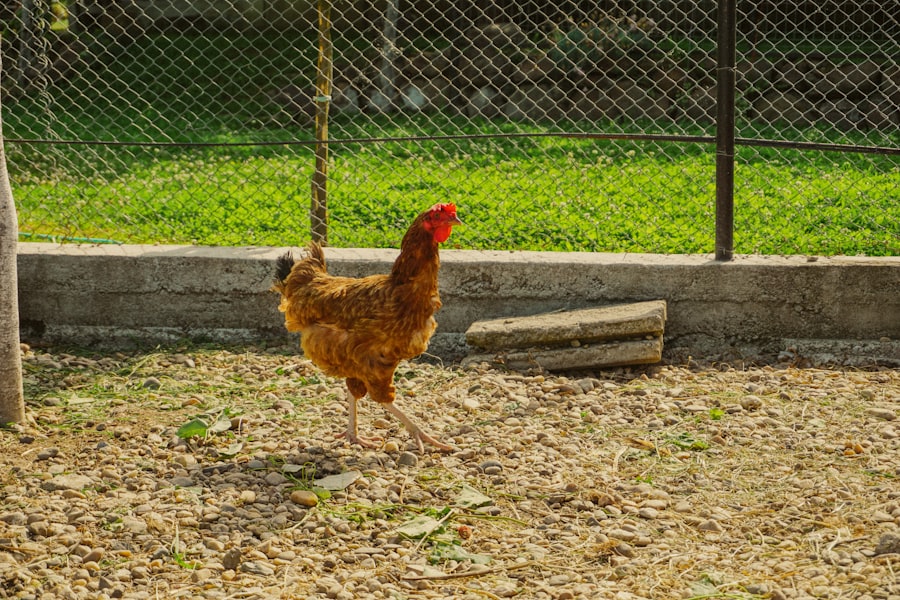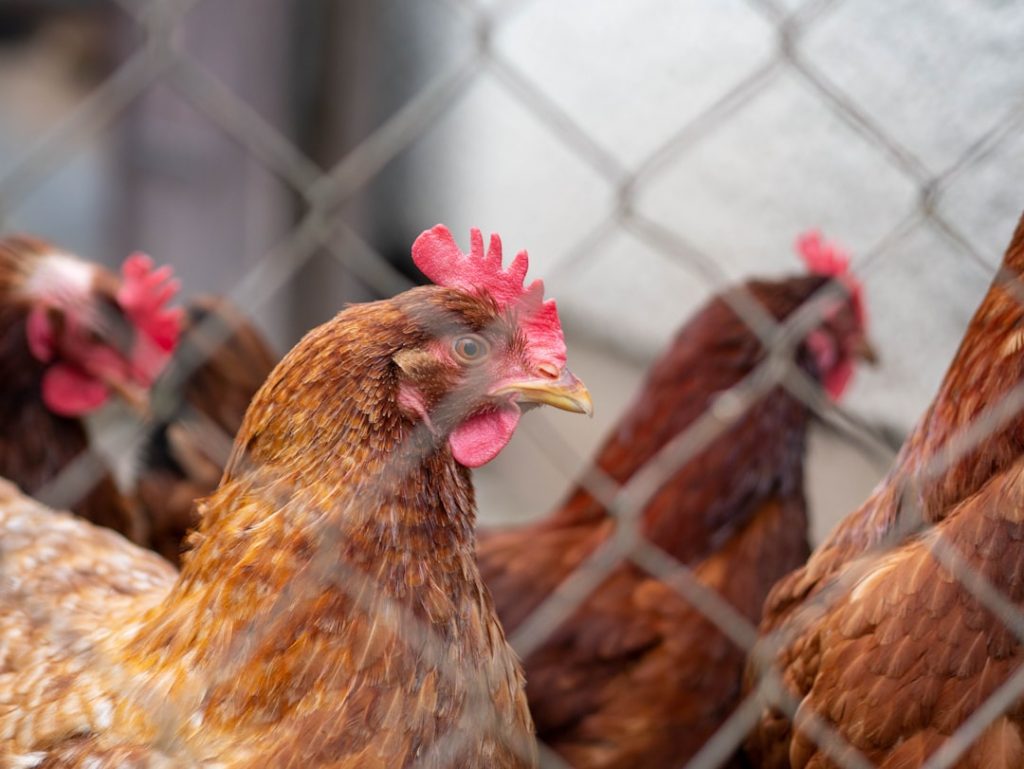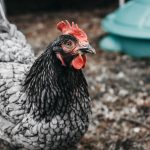Fiddler on the Roof is a renowned musical that debuted on Broadway in 1964. Set in the fictional village of Anatevka in Imperial Russia in 1905, the story centers on Tevye, a poor Jewish milkman, and his family as they confront the challenges of tradition, change, and persecution. The musical features iconic songs such as “Tradition,” “If I Were a Rich Man,” and “Sunrise, Sunset,” and explores themes of family, faith, and cultural identity preservation amid adversity.
Fiddler on the Roof has been revived multiple times on Broadway, adapted into a successful film, and performed in theaters worldwide, consistently engaging audiences with its compelling narrative and emotive music. The enduring popularity of Fiddler on the Roof can be attributed to its universal themes and continued relevance. The story of Tevye and his family resonates with diverse audiences, as it examines the conflict between tradition and progress, the difficulties of maintaining cultural identity in a rapidly evolving world, and the lasting strength of love and family bonds.
By exploring these themes through a specific historical and cultural lens, the musical achieves a timeless quality that continues to captivate viewers. Fiddler on the Roof serves as a poignant reminder of the significance of tradition, human resilience, and the enduring power of hope in the face of adversity.
Table of Contents
Key Takeaways
- “Fiddler on the Roof” is a popular musical that explores the traditions and challenges of a Jewish family living in Russia.
- Keeping diseased chickens can have a significant impact on the overall health of a flock and can lead to the spread of illness.
- Risks of keeping diseased chickens include the potential for spreading illness to other animals and humans, as well as the economic impact of treating or culling infected birds.
- Legal and ethical considerations surrounding keeping diseased chickens vary by location, but generally prioritize the health and safety of both animals and humans.
- Proper care and handling of chickens, including regular health checks and quarantine procedures, are essential for responsible chicken ownership.
The Importance of Keeping Diseased Chickens
Risks to Animal Health
By keeping diseased chickens, owners can inadvertently contribute to the spread of illness among their flock and to other animals in the area. This can lead to a decline in the overall health and well-being of the animals, making them more susceptible to further illness and disease.
Risks to Human Health
Diseased chickens may also pose a risk to human health if their products, such as eggs or meat, are consumed. This highlights the importance of prioritizing the health and well-being of the flock to ensure the safety of consumers.
Economic Implications
Keeping diseased chickens can also have significant economic implications for chicken owners. Diseased chickens may require costly veterinary care and treatment, and they may also experience decreased productivity, such as reduced egg production or poor meat quality. In extreme cases, entire flocks may need to be culled, resulting in substantial financial losses for chicken owners.
Risks of Keeping Diseased Chickens
Keeping diseased chickens poses several risks to both the birds themselves and to other animals in the surrounding environment. Diseased chickens may suffer from a range of health issues, including respiratory infections, parasitic infestations, and viral or bacterial diseases. These conditions can cause significant suffering for the affected birds and may lead to decreased productivity, such as reduced egg production or poor meat quality.
In some cases, diseased chickens may also pose a risk to human health if their products are consumed, potentially leading to foodborne illness. Therefore, it is crucial for chicken owners to be vigilant in monitoring the health of their flock and taking proactive measures to prevent and address disease. In addition to the health risks posed by diseased chickens, there are also environmental implications to consider.
Diseased chickens may serve as vectors for the spread of illness to other animals in the area, including wild birds and livestock. This can have a significant impact on local ecosystems and agricultural operations, leading to decreased biodiversity and potential economic losses. Furthermore, if disease is allowed to spread unchecked, it can have a negative impact on public health and safety, potentially leading to regulatory intervention and consumer distrust.
Therefore, it is essential for chicken owners to prioritize disease prevention and management in order to protect the health of their flock and the surrounding environment.
Legal and Ethical Considerations
In addition to the health and economic implications of keeping diseased chickens, there are also legal and ethical considerations that chicken owners must take into account. From a legal standpoint, there are regulations in place at both the federal and state levels that govern the management of poultry diseases. These regulations are designed to protect public health and safety by preventing the spread of illness among poultry flocks and to other animals or humans.
Failure to comply with these regulations can result in fines, penalties, or legal action against chicken owners, making it essential for them to be aware of their legal obligations regarding disease prevention and management. From an ethical perspective, there is a moral responsibility for chicken owners to prioritize the health and well-being of their flock. This includes taking proactive measures to prevent disease through proper husbandry practices, regular veterinary care, and prompt intervention if illness is suspected.
Additionally, chicken owners have an ethical obligation to prevent the spread of disease to other animals in the area and to protect public health by ensuring that their products are safe for consumption. By prioritizing disease prevention and management, chicken owners can uphold their ethical duty to care for their flock and contribute to the overall well-being of their community.
Proper Care and Handling of Chickens
Proper care and handling of chickens is essential for maintaining their health and well-being. This includes providing a clean and comfortable living environment, access to fresh water and nutritious feed, regular veterinary care, and appropriate biosecurity measures to prevent disease transmission. Chicken owners should also be vigilant in monitoring the health of their flock and taking prompt action if illness is suspected.
This may include isolating sick birds, seeking veterinary care, and implementing biosecurity protocols to prevent the spread of disease within the flock. In addition to physical care, it is also important for chicken owners to provide their birds with mental stimulation and social interaction. Chickens are social animals that thrive in environments that allow for natural behaviors such as scratching, dust bathing, and roosting.
Providing enrichment activities such as perches, dust bathing areas, and access to outdoor space can help promote positive welfare for chickens. Additionally, social interaction with other birds can help prevent stress and aggression within the flock. By prioritizing proper care and handling practices, chicken owners can ensure the health and well-being of their flock while also promoting positive welfare for their birds.
Alternatives to Keeping Diseased Chickens

In some cases, it may be necessary for chicken owners to consider alternatives to keeping diseased chickens in order to protect the health of their flock and prevent disease transmission. This may include culling affected birds in order to prevent further spread of illness or seeking veterinary care for treatment options. Additionally, chicken owners may need to implement biosecurity measures such as quarantining sick birds or disinfecting equipment and facilities to prevent disease transmission within the flock.
In situations where disease management becomes unsustainable or poses a significant risk to public health or safety, it may be necessary for chicken owners to consider ceasing poultry operations altogether. This decision should be made in consultation with veterinary professionals and regulatory authorities in order to ensure that it is done in a responsible manner that prioritizes animal welfare and public health. By considering alternatives to keeping diseased chickens, chicken owners can take proactive measures to protect the health of their flock while also fulfilling their legal and ethical obligations.
The Importance of Responsible Chicken Ownership
In conclusion, responsible chicken ownership requires prioritizing the health and well-being of the flock while also considering legal and ethical obligations regarding disease prevention and management. Keeping diseased chickens poses significant risks to both animal welfare and public health, making it essential for chicken owners to take proactive measures to prevent disease transmission within their flock. By prioritizing proper care and handling practices, seeking veterinary care when needed, and considering alternatives when necessary, chicken owners can uphold their ethical duty to care for their birds while also contributing to the overall well-being of their community.
Ultimately, responsible chicken ownership is essential for maintaining healthy flocks, protecting public health, and upholding legal and ethical standards within the poultry industry.
If you’re interested in learning more about keeping chickens, you might want to check out this article on farmhouse chicken coops. It provides valuable information on how to create a safe and comfortable environment for your chickens. Plus, it’s always important to keep your chickens healthy, so you can keep your diseased chickens from spreading illness to the rest of your flock.
FAQs
What is “Fiddler on the Roof”?
“Fiddler on the Roof” is a musical with music by Jerry Bock, lyrics by Sheldon Harnick, and book by Joseph Stein. It is based on the stories of Sholem Aleichem and is set in the Pale of Settlement of Imperial Russia in 1905. The musical follows the life of Tevye, a Jewish milkman, as he navigates the challenges of tradition, family, and change.
What is the significance of the title “Fiddler on the Roof”?
The title “Fiddler on the Roof” refers to the iconic image of a fiddler playing on a roof, symbolizing the precarious balance of tradition and change. The fiddler represents the traditions and cultural heritage that the characters in the musical are trying to hold onto, even as their world is changing around them.
What is the meaning of the phrase “you can keep your diseased chickens”?
The phrase “you can keep your diseased chickens” is not directly related to the musical “Fiddler on the Roof.” It may be interpreted as a metaphor for rejecting something that is harmful or undesirable. In the context of the article, it could be a reference to refusing to accept something negative or unhealthy.
Is “Fiddler on the Roof” based on a true story?
“Fiddler on the Roof” is not based on a specific true story, but it is inspired by the stories of Sholem Aleichem, a Yiddish writer known for his depictions of Jewish life in Eastern Europe. The characters and events in the musical are fictional, but they are rooted in the cultural and historical context of the time period.
Meet Walter, the feathered-friend fanatic of Florida! Nestled in the sunshine state, Walter struts through life with his feathered companions, clucking his way to happiness. With a coop that’s fancier than a five-star hotel, he’s the Don Juan of the chicken world. When he’s not teaching his hens to do the cha-cha, you’ll find him in a heated debate with his prized rooster, Sir Clucks-a-Lot. Walter’s poultry passion is no yolk; he’s the sunny-side-up guy you never knew you needed in your flock of friends!







